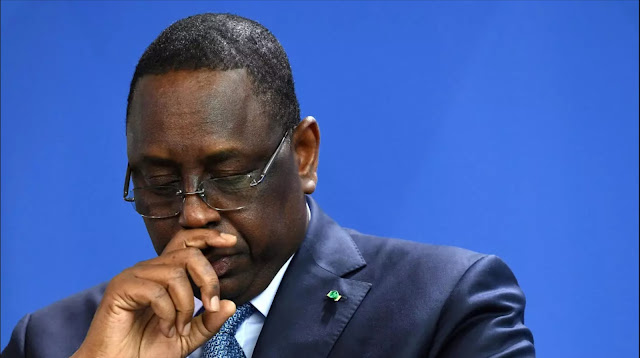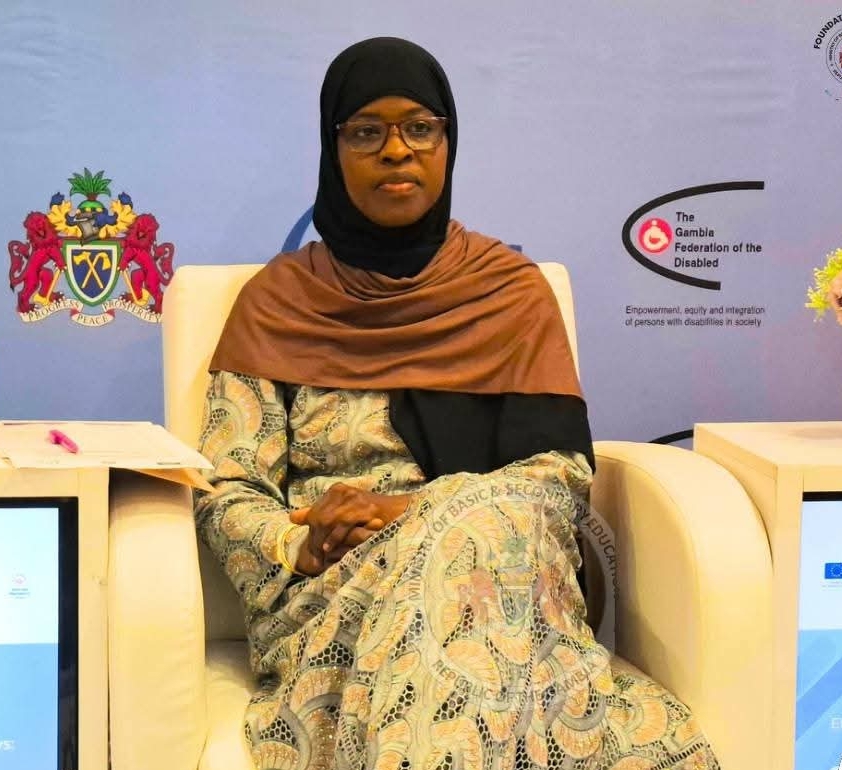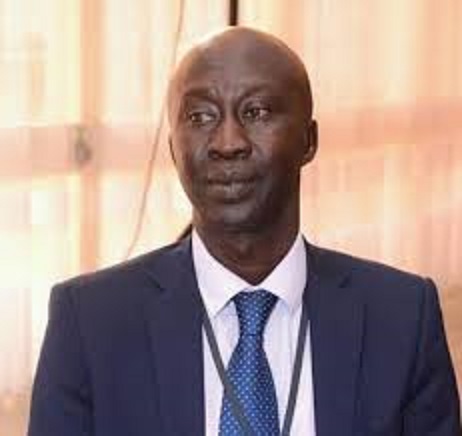By Sheriff Saidykhan
| Political Analysis of The Gambia and Senegal Country Risk Report 2022 |
Fitch Solutions, a data analytical research centre based in London has projected that Macky Sall, the President of Senegal’s coalition would likely lose power in the upcoming Presidential election in 2024.
The report, by projecting a stable policymaking trajectory for the next 10 years in The Gambia impliedly assumes that Adama Barrow, the President of The Gambia will remain in office for at least 2031.
The report indicated that the loss of the ruling party in Senegalese Parliament will constrain policymaking ahead stating that:
“We at Fitch Solutions expect that the policymaking process in Senegal will slow, given that President Macky Sall’s Benno Bokk Yaakaar coalition lost its parliamentary majority in the July 2022 legislative elections…The declining popularity of Sall and his administration pose increased policy continuity risk following the 2024 presidential election, as we now expect the ruling party to lose power,” the report revealed.”
Social Stability Risks Projected to Remain High
Readers would recalled that on June 18 2022 thousands of opposition supporters took to the streets, with the opposition candidates defying the government’s ban on a planned protest and demonstrated against the government’s undermining of political opposition, demanding the inclusion of opposition candidates in the elections.
The protest sparked international condemnation after the deaths of three people. The report further indicated that President Sall, will likely run for the 2024 presidential election, after a constitutional referendum in 2016.
This according to the report, will further risk the political and social stability in Senegal.
“The demonstration led to clashes between protesters and the police, the arrest of four opposition figures, and three deaths. The resulting crackdown was widely condemned by international institutions and non-governmental organisations such as the UN and Amnesty international. We expect that these grievances broadly aimed at the ruling party and Sall, will continue. Especially given that Sall has refused to rule out running for a third term in the 2024 presidential election, a move that Sall is likely to argue is legal, following a constitutional referendum in 2016 that effectively reset his two-term limit,” the report indicated.
 |
| Image: Senegal social stability index by TheGlobalEconomy.com |
According to the statistics of the report, the rising inflation will also contribute to social stability risks in Senegal.
“Price growth has accelerated in the year to date from 5.5% in January 2022 to 11.3% in August 2022. Following the Russian invasion of Ukraine, which has driven up global food prices as well as associated agricultural inputs such as fertiliser. India, which accounted for 40.1% of Senegal’s overall cereals imports in 2021, has been restricting exports of wheat and rice- banning them in May 2022 and September 2022 respectively- which will keep food inflation high over the coming months. As will a Thailand-vietnam agreement to raise rice export prices. Taking these dynamics into account, we project inflation will average 9.0% in 2022, the highest annual average since 1994, which will keep social tensions high. Senegal scores 27.5 in the social stability sub-component compared to the Sub-Saharan African African average of 38.4, reflecting elevated risks,” the report posited.
|
The report further diagnosis the political risk of The Gambia. This, among other things indicated President Barrow will continue to stay in power in the coming decade.
“Our Short-Term political risk index score for The Gambia is 47.3 Out of 100, and our Long-Term political risk index score for the country is 56.7 out of 100. Our core view remains that President Adama Barrow has improved the country’s overall policy environment. Although the risks of a backside in democratic reforms have increased amid recent government tightening on dissent by protesters and media” the report said.
The report added: “We do not expect upward pressures on our risk scores to increase as political and social tensions rise in the short term, as there is still no formal limit on the number of terms the President can remain in office, after the National Assembly rejected a new draft constitution in 2020” according to the report.
The report also added that, social stability risks to persist in The Gambia.
“We at Fitch Solutions we believe that public discontent in The Gambia, reflecting the cost of living of living for many households following the Russian invasion of Ukraine. The policymaking will be constrained given that President Adama Barrow lacks a majority in the National Assembly, slowing the passage of legislation such as the anti-corruption bill, adding to public frustration with the government,” the report added.
 |
| Image: inflation index in The Gambia |







